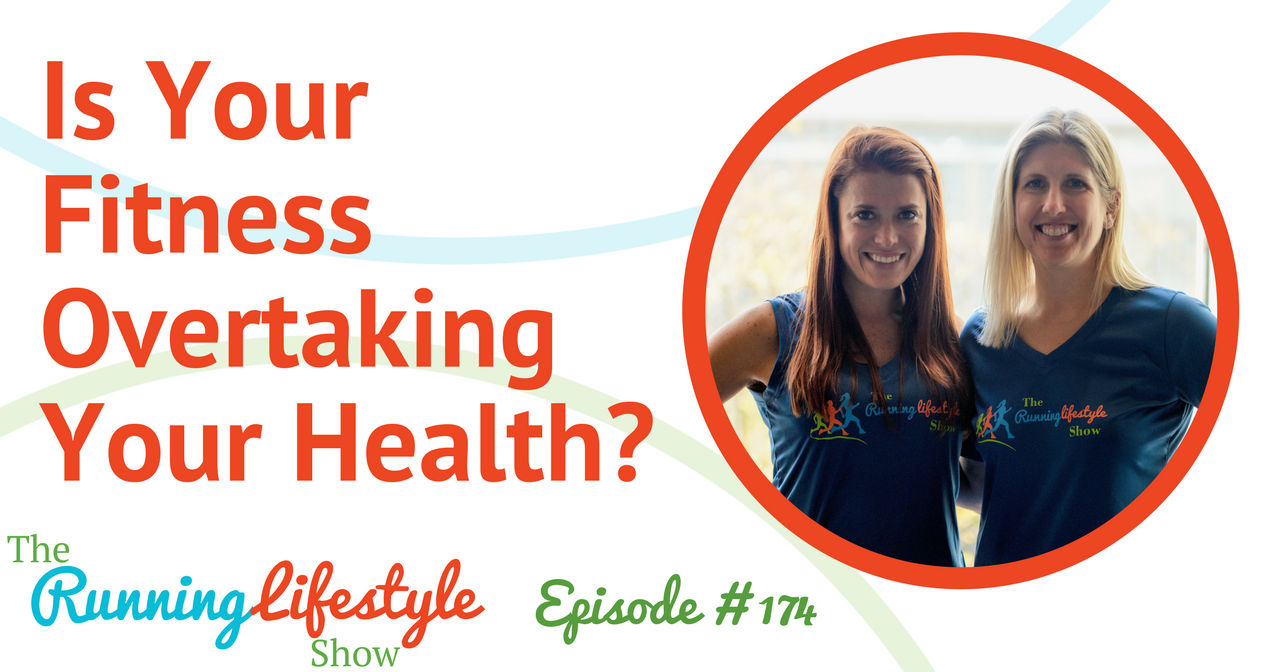174: Is Your Fitness Overtaking Your Health?
This episode has been a long time coming. Serena Marie, RD, and I share how we determine when we’re getting “Karied” (pun intended) away with running too much. We share the definition of a u-shaped curve (or what I call a bell curve) to show when we know if our bodies are getting too much of a “good” thing.
Serena checks in with herself and asks—not based on studies, but based on personal experience—the following questions:
1. Am i injured?
2. Am I always tired?
3. Am I happy?
4. Do I have a positive body image?
5. Is running adversely affecting my relationships?
I look at my blood sugar levels, sleep, relationships, and also the positive psychology PERMA model, which includes the following:
Positivity
Engagement
Relationships
Meaning
Achievement
I also discuss how sometimes shifting our identity helps us decide who we want to be. We also chat about how to make any decision based on health, happiness, and safety.
We discuss these resources and links during this episode:
“The Bubble” Skit on Saturday Night Live (it’s a spoof on Brooklyn)
Dr. Frank Lipman on The Good Life Project Podcast
Jonathan Fields on The Running Lifestyle Show
Serena’s Cottage Cheese Pancake Recipe
My Pumpkin Pie Pancake Recipe
Inside Quest Exchange Show
2017 is the year of the Flourishing Experiment! If you’d like to join a group to help you with your habits and resolutions, or create a Flourishing Experiment yourself, reach out to Kari at Kari@TheRunningLifestyle.com for more information.
Click HERE to receive special gifts and to be part of Team The Running Lifestyle Show.
Contact:
Kari Gormley:
Facebook: The Running Lifestyle Show
Twitter: @KariGormley
Instagram: @KariGormley
Let’s Chat via E-mail
Serena Marie, RD:
Website: SerenaMarieRD.com
Facebook: SerenaMarieRD
Twitter: @SerenaMarieRD
Instagram: @SerenaMarieRD
This podcast is for educational and informational purposes only and solely as a self-help tool for your own use. I am not providing medical, psychological, or nutrition therapy advice. You should not use this information to diagnose or treat any health problems or illnesses without consulting your own medical practitioner. Always seek the advice of your own medical practitioner and/or mental health provider about your specific health situation. For my full Disclaimer, please go to www.karigormley.com/disclaimer.

